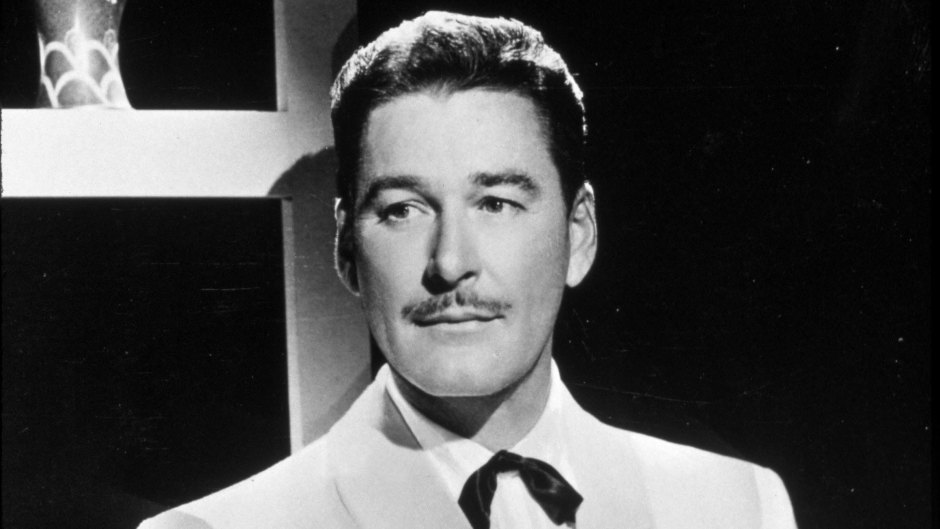
Snap/Shutterstock
Inside Late Hollywood Golden Age Actor Errol Flynn’s Life and Career: ‘He Cared Deeply’
Rory Flynn remembers falling asleep to the scratching of her father’s pen on paper. “He was always writing,” she recalls of 1930s matinee idol Errol Flynn. “He was writing his autobiography from a very early age.”
Errol’s memoir, My Wicked, Wicked Ways, hit bookstores two months after his death at age 50. It painted the Tasmanian-born actor as an even larger-than-life rogue than the swaggering characters he played on-screen. “I have been in rebellion against God and government ever since I can remember,” wrote Errol, whose rakish reputation came to overshadow his film work. “He had one of the most magnetic screen personalities that ever existed and w as a much better actor than people gave him credit for,” Thomas McNulty, author of Errol Flynn: The Life and Career, exclusively tells Closer. “The biggest misconception was that he didn’t care about what he was doing; he cared deeply.”
After a young adulthood spent between Australia and Papua New Guinea working on ships and plantations and doing odd jobs, Errol was cast opposite Olivia de Havilland in 1935’s Captain Blood. A huge hit, this swashbuckling romantic adventure made Errol, then 26, and Olivia, 19, instant stars, and their compelling onscreen chemistry would lead to an additional seven films together.
In 2009, Olivia confessed that she found Errol charming in real life, too. “ I was very attracted to him,” she said. “But I said that nothing could happen while he was still with Lili.”
HIGH ADVENTURE
Actress Lili Damita was the first of Errol’s three wives — all of whom he cheated on. “Women would just turn up on the set and follow him around. He literally had to fight them off,” said Richard Erdman, who worked with Errol on 1945’s Objective, Burma! For many years, the actor inhabited a grand home on Mulholland Drive where he partied hard with other actors, stuntmen and hangers-on while seducing any woman who caught his fancy. “I like my whiskey old and my women young,” said Errol, who allegedly had two-way mirrors installed so that he could spy on his guests.
As his reputation as a libertine grew, the expression “In like Flynn” became a way of boasting about someone’s sexual prowess. “I think one of the things that intrigued men was that he did what he damn well pleased,” his daughter Rory explains. “Dad always did what he wanted, when he wanted. There wasn’t a man alive who didn’t envy that.”
But the party came to a screeching halt in 1943 when two teenage girls accused Errol of statutory rape. The trial caused a sensation, and although he was acquitted, Errol’s public image would never recover. “The rape trial began his slow decline, personally and professionally,” says McNulty. “His personal life got out of control, and his drinking got out of control.”
Errol died of a heart attack in 1959, cutting short a well-received career renaissance as a character actor. Despite his flaws, Hollywood mourned him as one of the last outsize leading men of the Golden Age. “Maybe it wasn’t all a waste,” Errol pondered in his memoir. “Anybody who can bring a few moments of happiness to another human life certainly can’t be wasting his time in an otherwise fear-ridden and often very drab world.”
— Louise A. Barile, with reporting by Fortune Benatar







































